Cars from China were poised to be the Next Big Thing but sales have tanked.
It may go down in automotive history as the Great Fall of China. Despite promising to challenge the big brands when they arrived five years ago, sales of Chinese cars have plummeted as the cost of mainstream cars have limboed to new lows, squeezing out the cut-price competition.
Deliveries of Chinese cars have been in freefall for more than 18 months, and the situation is so dire the distributor of Great Wall Motors and Chery vehicles stopped importing cars for at least two months. The Australian distributor says it was "renegotiating" prices with the Chinese car makers but dealers say they haven’t been able to order cars for up to six months.
Sales of all Chinese cars have halved so far this year alone; Great Wall Motors sales are down by 54 per cent while Chery deliveries are down by 40 per cent, according to figures supplied by the Federal Chamber of Automotive Industries. Just 1782 cars from China have been sold in the first five months of this year, down from 3565 for the same period last year. At their peak in 2012, more than 12,100 Chinese cars were sold locally.
There are now at least seven Chinese car brands on sale in Australia but Great Wall and Chery are the largest; the others are yet to publish sales figures. A spokesman for Ateco, the distributor of Great Wall Motors, Chery and Foton vehicles from China said there "a range of factors" for the sharp sales slowdown.
"Primarily it is to do with currency," said Ateco spokesman Daniel Cotterill. "The massive devaluation of the Japanese Yen in early 2013 has meant that well established Japanese vehicle brands are able to be much more competitively priced in the Australian market than was the case when Great Wall launched here in mid 2009."
He said new brands traditionally compete on price, but that price advantage had all but evaporated. "Where once a Great Wall ute might have had six or seven thousand dollars of price advantage over an established Japanese brand, that is not the case at the moment in many instances," said Cotterill. "Currency fluctuations are cyclical and we remain optimistic that our competitive price position will return. In the meantime it is business as usual."
The sales downturn comes as Great Wall Motors has a management reshuffle in China after its all-new SUV had to be withdrawn from sales twice because of quality concerns.
The Bloomberg news agency reported that the reshuffle comes after the company posted sales declines in five of the past six months. The company also has twice delayed the introduction of its key new model, the Haval H8 SUV.
Last month, Great Wall said it will hold off on sales of the vehicle until it is able to make the H8 of a "premium standard." In May Bloomberg reported that Great Wall suspended sales of the H8 after customers reported hearing "knocking noises" in the transmission system.
The Haval H8 was supposed to mark a turning point for Great Wall Motors and promised to meet European crash safety standards. A slightly smaller SUV, the Haval H6, was due to be sold in Australia this year but the distributor says its arrival has been delayed by negotiations over currency - not because of any safety concerns.
The reputation of Great Wall Motors and Chery vehicles took a hit in Australia in late 2012 when 21,000 Great Wall utes and SUVs and 2250 Chery passenger cars were recalled for having parts containing asbestos. Sales of both brands have been in freefall ever since.
Browse over 9,000 car reviews
- Abarth
- Alfa Romeo
- Alpine
- Armstrong Siddeley
- Asia Motors
- Aston Martin
- Atlis
- Audi
- Austin
- Austin Healey
- Automobili Pininfarina
- Bedford
- Bentley
- Bertone
- BMW
- BMW ALPINA
- Bolwell
- Borgward
- Brabham
- BUFORI
- BUGATTI
- Buick
- BYD
- Cadillac
- Caterham
- Chery
- Chevrolet
- Chrysler
- Citroen
- Corsa Specialized Vehicles
- CSV
- Cupra
- Daewoo
- Daihatsu
- Daimler
- Datsun
- De Tomaso
- Dodge
- Eunos
- EV Automotive
- Ferrari
- Fiat
- Fisker
- Ford
- Foton
- FPV
- FSM
- Fuso
- Geely
- GENESIS
- Giocattolo
- GJM
- GMC
- GMSV
- Goggomobil
- Great Wall
- GWM
- Haval
- Hillman
- Hino
- Holden
- Holden Hdt
- Honda
- HSV
- Humber
- Hummer
- Hyundai
- Ineos
- Infiniti
- International
- Iso
- Isuzu
- Iveco
- Jaguar
- Jeep
- Jensen
- JMC
- Kia
- Koenigsegg
- KTM
- Lada
- Lamborghini
- Lancia
- Land Rover
- LDV
- Lexus
- Leyland
- LIFAN
- Lotus
- Mahindra
- Maserati
- Maybach
- Mazda
- Mclaren
- Mercedes-Benz
- MG
- Mini
- Mitsubishi
- Mitsubishi Fuso
- Morgan
- Morris
- N.S.U.
- Nissan
- OKA
- Opel
- Panther
- Performax
- Peugeot
- Pininfarina
- Polestar
- Pontiac
- Porsche
- Prince
- Proton
- Ram
- Rambler
- Renault
- Rivian
- Rolls-Royce
- Rover
- Saab
- Seat
- Simca
- Singer
- Skoda
- Smart
- Ssangyong
- SSC
- Standard
- Studebaker
- Subaru
- Sunbeam
- Suzuki
- Tata
- TD 2000
- Tesla
- Toyota
- Triumph
- TVR
- Vanden Plas
- Vauxhall
- Vespa
- Volkswagen
- Volvo
- Wolseley
- Zeta
- ZX Auto






.jpg)



.jpg)


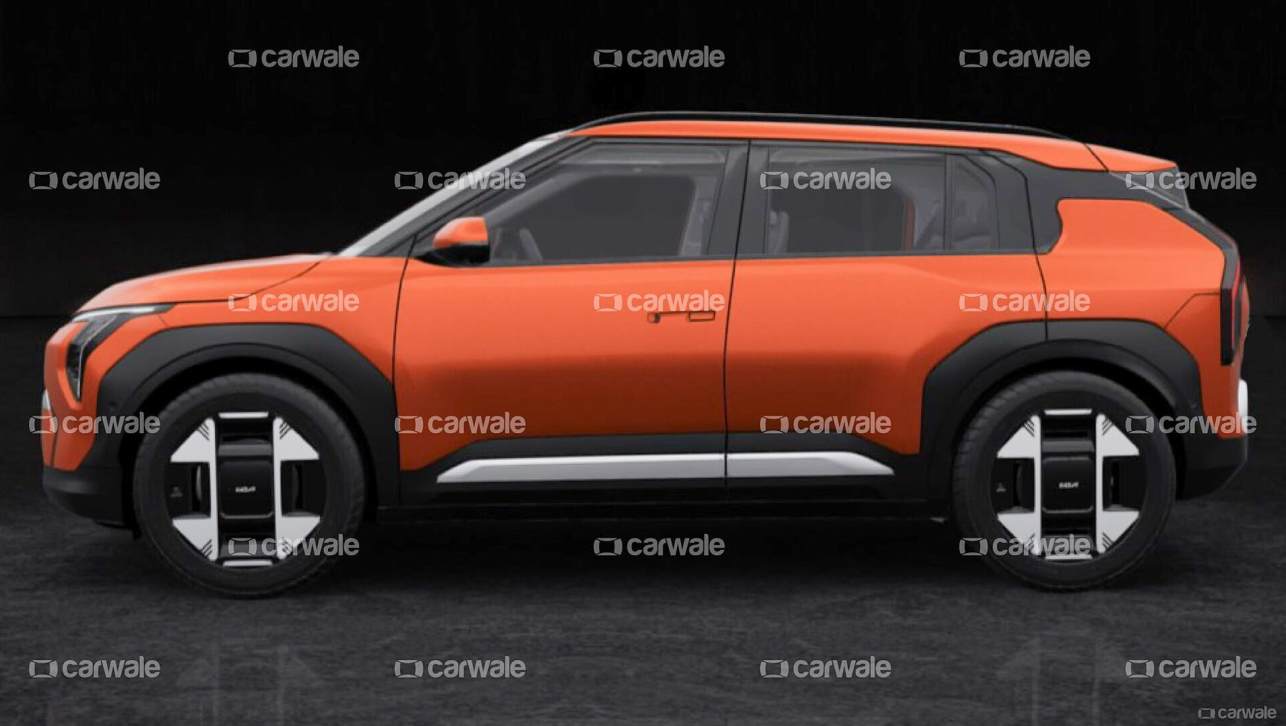
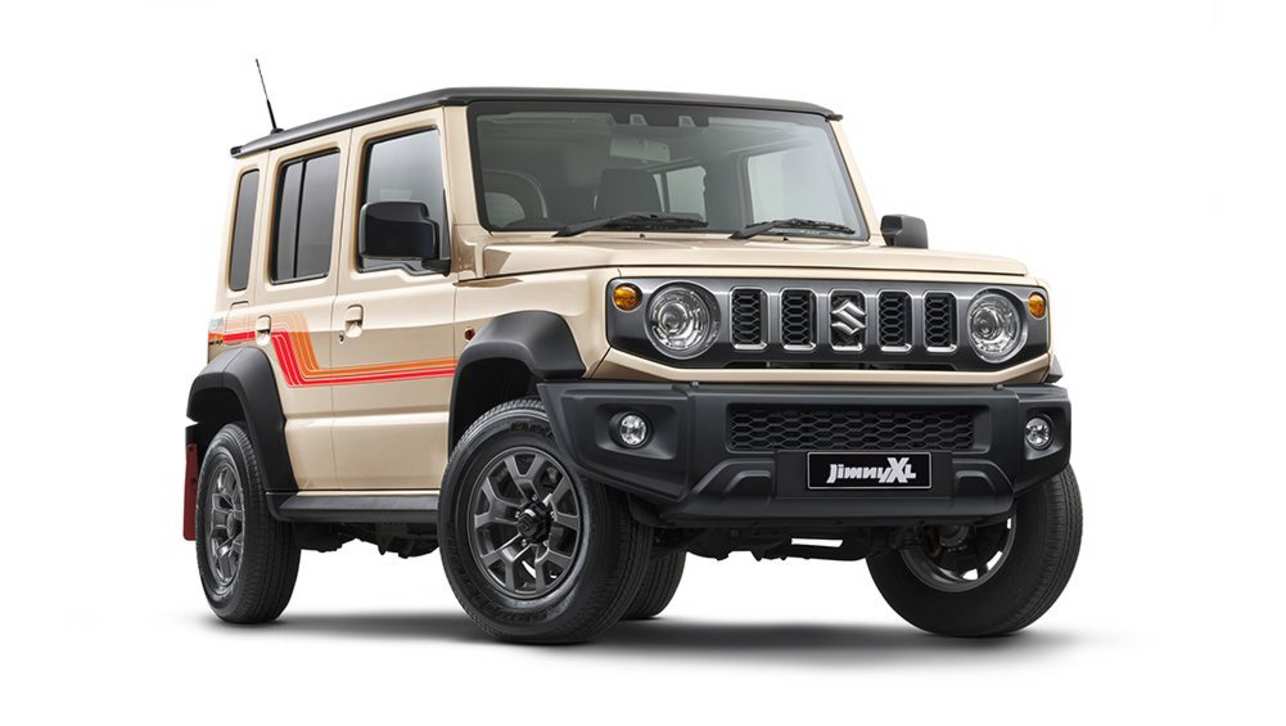
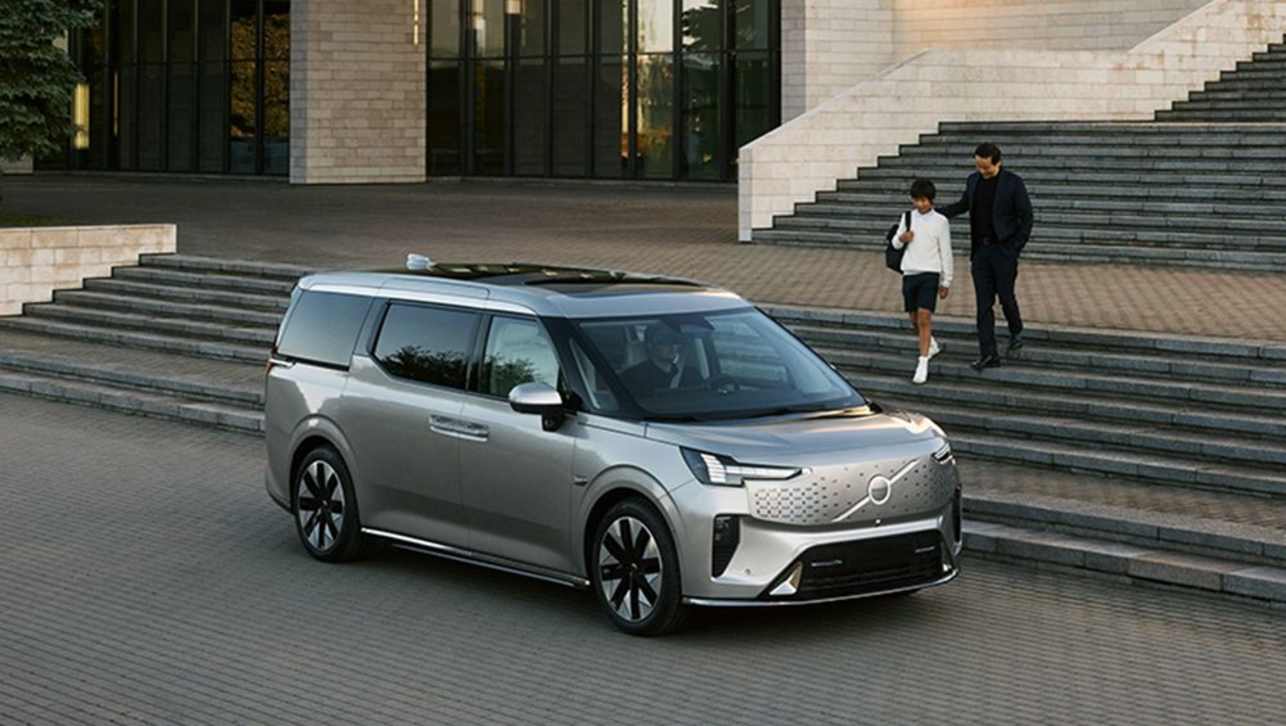
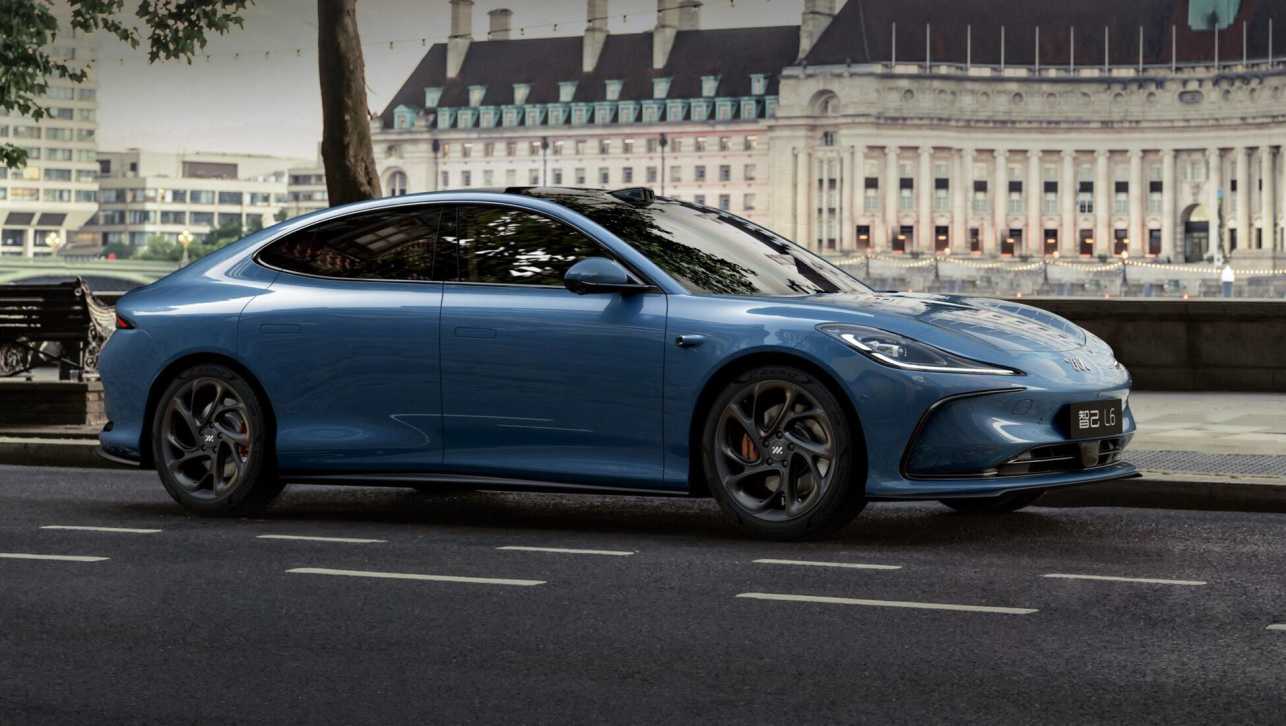
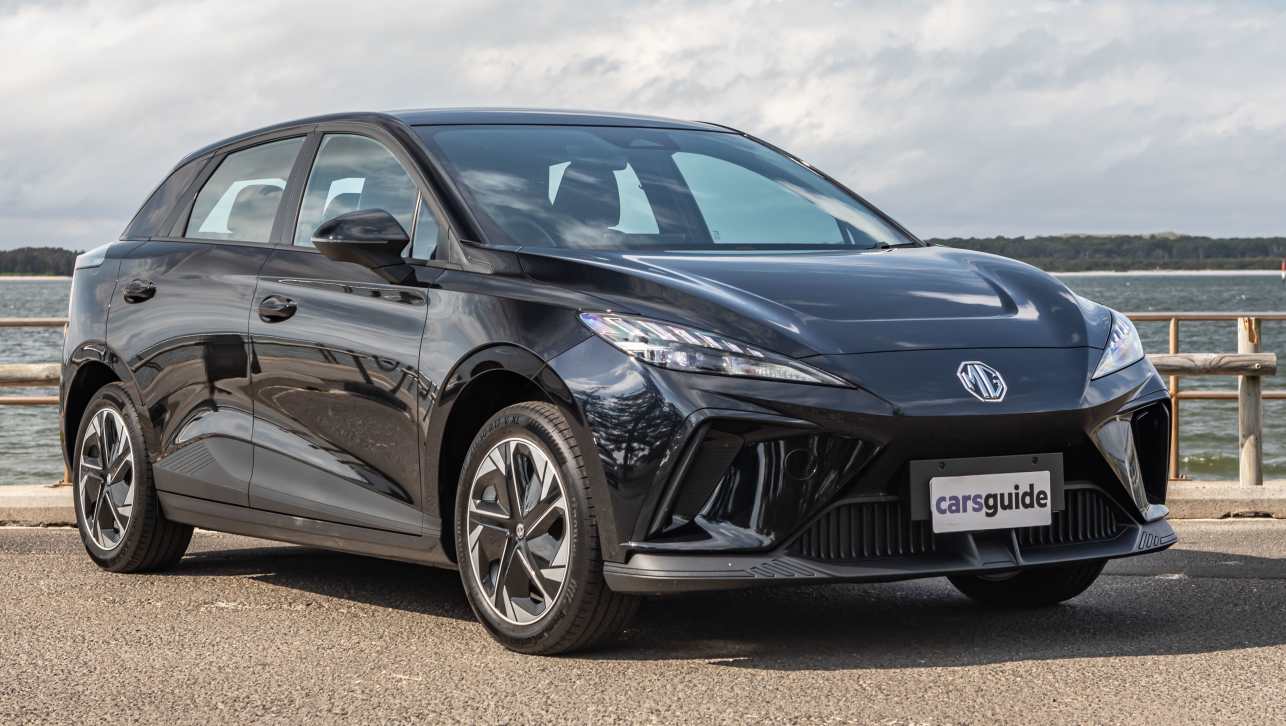


.jpg)

.jpg)
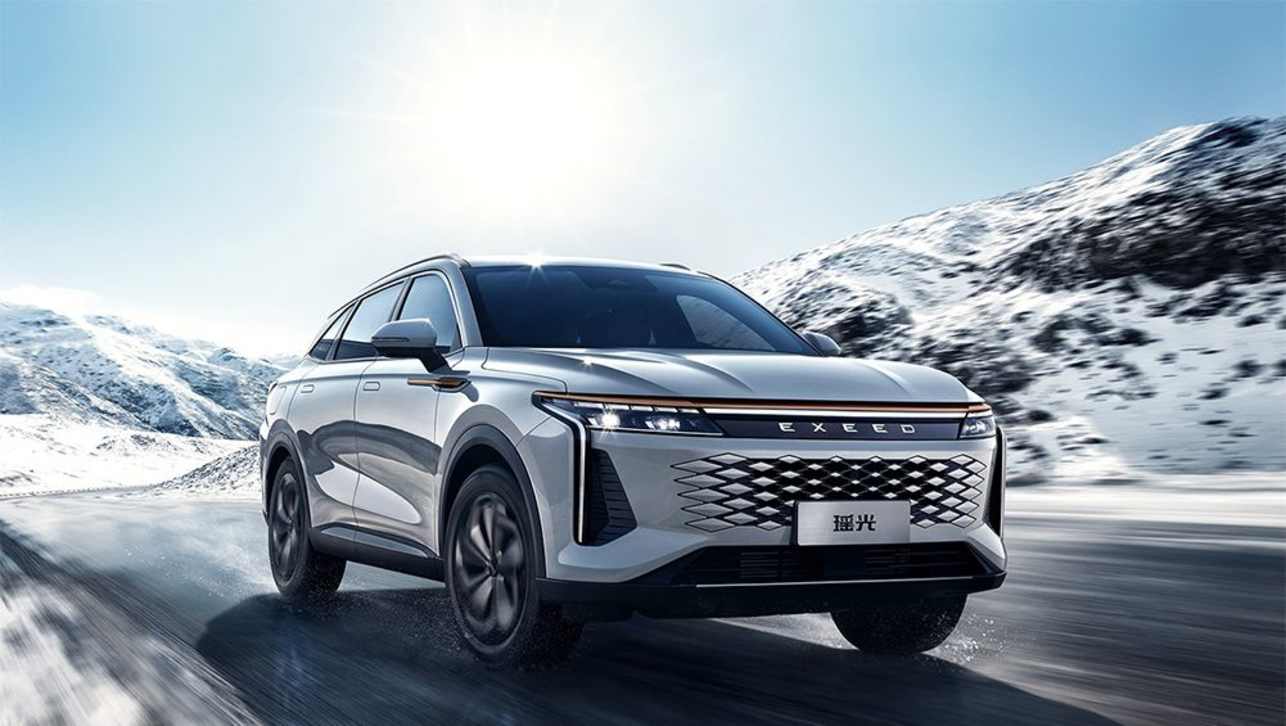
.jpg)
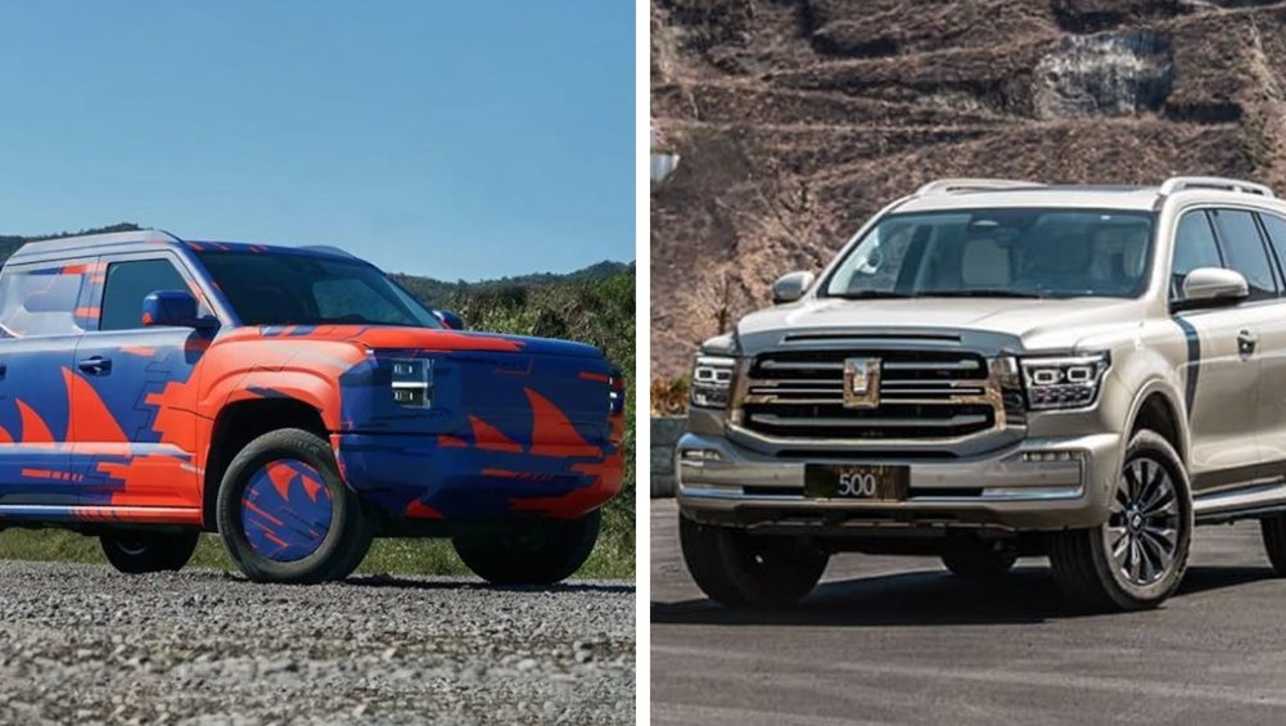
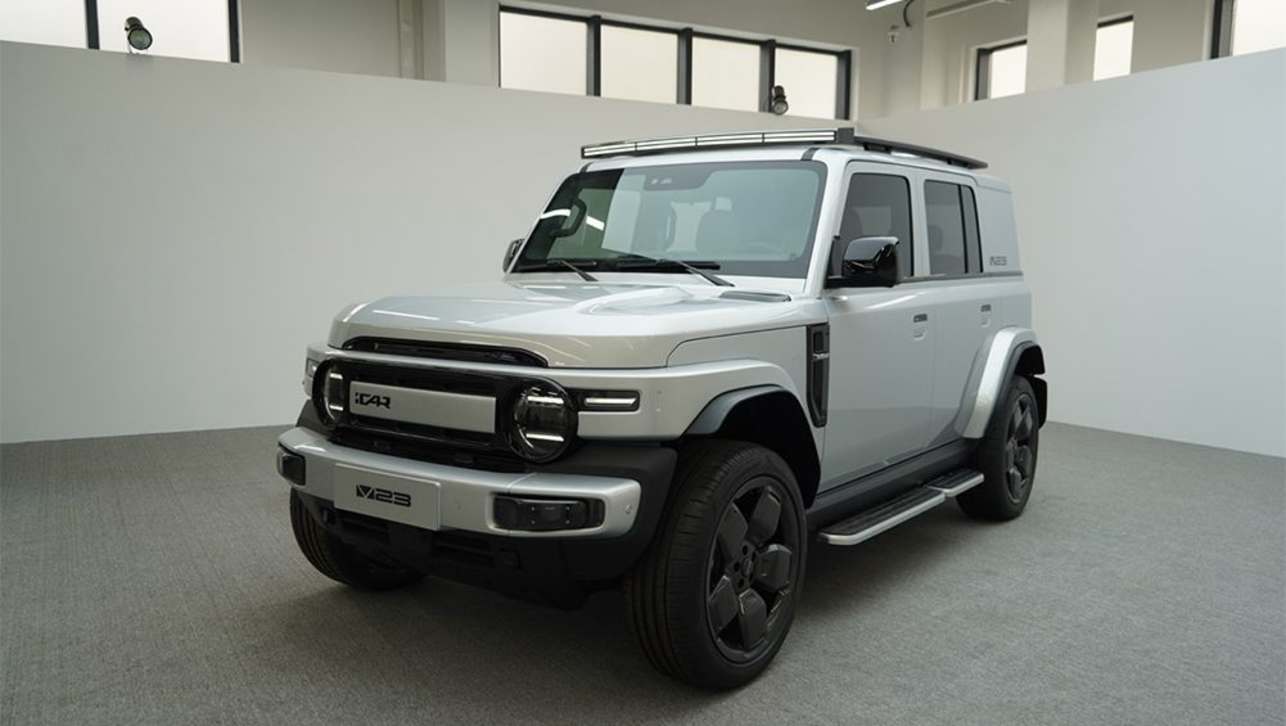

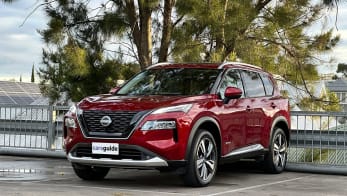


Comments